Iran dismisses GCC claim on Saudi-Kuwait ‘ownership’ of Arash gas field
Iran has dismissed claims by the Persian Gulf Cooperation Council (GCC) on the “joint ownership” by Saudi Arabia and Kuwait of the Arash or Al-Dorra oil and gas field.
“The Persian Gulf littoral states should utilize the resources and subsoil of the Persian Gulf based on goodwill and historical rights in line with the common interests of the nations,” Foreign Ministry spokesman Nasser Kan’ani said on Friday.
The Iranian diplomat responded to a statement issued at the end of the 157th session of the GCC Ministerial Council on Thursday.
He said during negotiations with Kuwait, Iran has always reiterated its policy of pursuing “friendly and constructive” cooperation in the energy sector, including in the Arash field.
Kan’ani said approaches based on common interests would certainly prepare an appropriate ground for regional cooperation.
In recent months, a long-running territorial dispute over the strategically located gas field shared between Iran, Kuwait and Saudi Arabia has resurfaced with the two Arab parties claiming “exclusive rights” over it. Tehran has reminded Riyadh and Kuwait City of their legal responsibilities.
The dispute has since the 1960s seen several cycles of claims and counter-claims by the parties involved, becoming a key sticking point in relations between the three Persian Gulf neighbors.
The latest cycle began in 2022 when Saudi Arabia and Kuwait signed an agreement to jointly develop the field, ignoring Iran’s calls for dialogue to settle the dispute and demarcate the border.
In its statement, the Ministerial Council claimed that only Kuwait and Saudi Arabia have full rights to exploit the wealth in the Arash field or the submerged area.
GCC claims about the Persian Gulf trio islands lack any value
Kan’ani also dismissed the GCC claims about the three Iranian islands of Abu Musa, the Greater Tunb, and the Lesser Tunb in the Persian Gulf, describing them as an “eternal and integral” part of the Iranian territory. He said any claim about their ownership has no “political or legal value.”
“The Islamic Republic of Iran has repeatedly emphasized its territorial integrity and sovereignty over the three Iranian islands based on accepted principles and rules of international law,” the spokesman said.
The three Persian Gulf islands have historically been part of Iran, proof of which can be found and corroborated by countless historical, legal, and geographical documents in Iran and other parts of the world. However, the United Arab Emirates has repeatedly laid claim to the islands.
The islands fell under British control in 1921 but on November 30, 1971, a day after British forces left the region and just two days before the UAE was to become an official federation, Iran’s sovereignty over the islands was restored.
The Ministerial Council’s statement baselessly accused Iran of occupying the islands and expressed support for the United Arab Emirates’ sovereignty over them as an indivisible part of the territory of the UAE.
The council called on Iran to respond to the efforts of the UAE to resolve the issue through direct negotiations or resorting to the International Court of Justice.
Iran continues to advance its nuclear program regardless of pressure
Elsewhere in his remarks, the Iranian diplomat also reiterated Tehran's firm determination to advance its peaceful nuclear program and to cooperate with the International Atomic Energy Agency (IAEA) regardless of foreign pressure and propaganda.
Kan'ani said the development of Iran's peaceful nuclear program and its cooperation with the UN nuclear watchdog would be based on the rights and obligations per the Non-Proliferation Treaty and the Comprehensive Nuclear Test Ban Treaty (CTBT) in a constructive manner.
The Ministerial Council in its statement underscored the importance of Iran’s commitment not to exceed the rate of uranium enrichment required for peaceful uses, and the need to fulfill its obligations and fully cooperate with the IAEA.
Kan'ani concluded his statement by urging all parties to preserve the current positive atmosphere in the region and enhance synergy and convergence to serve the national interests of the regional countries.
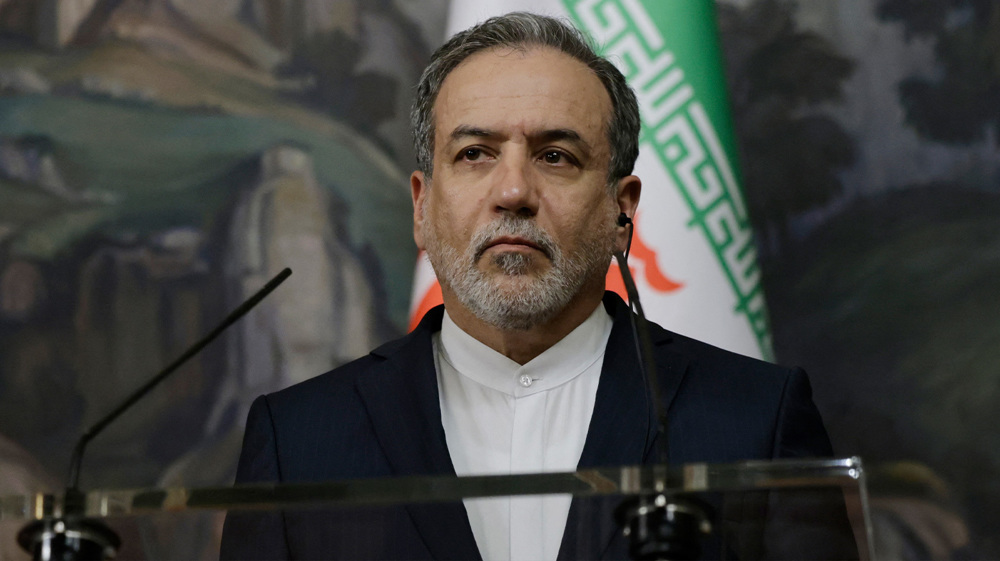
Certain groups manipulating Iran-US talks, goading US into making ‘maximalist demands’: FM
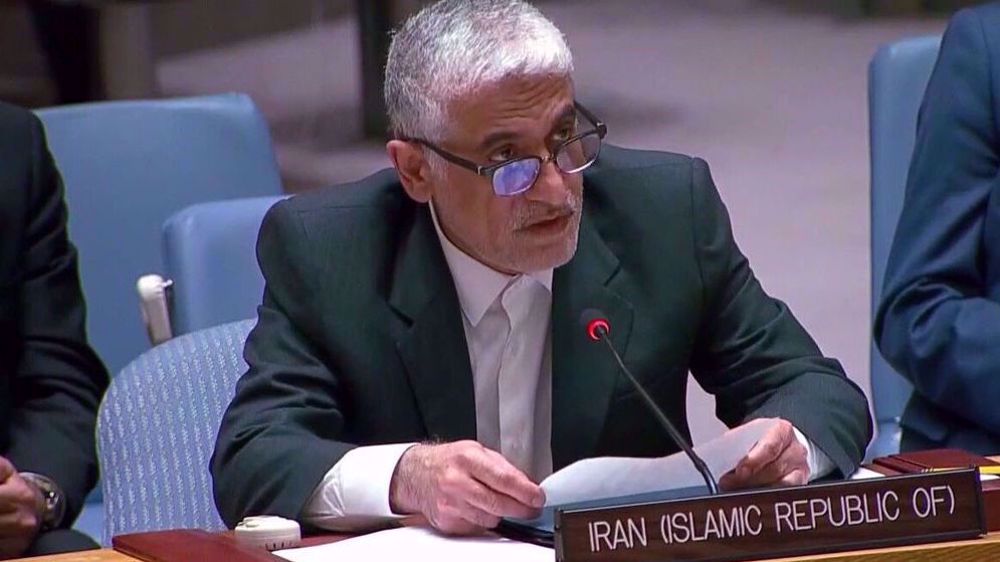
Iran condemns baseless GCC claims on 3 Persian Gulf islands
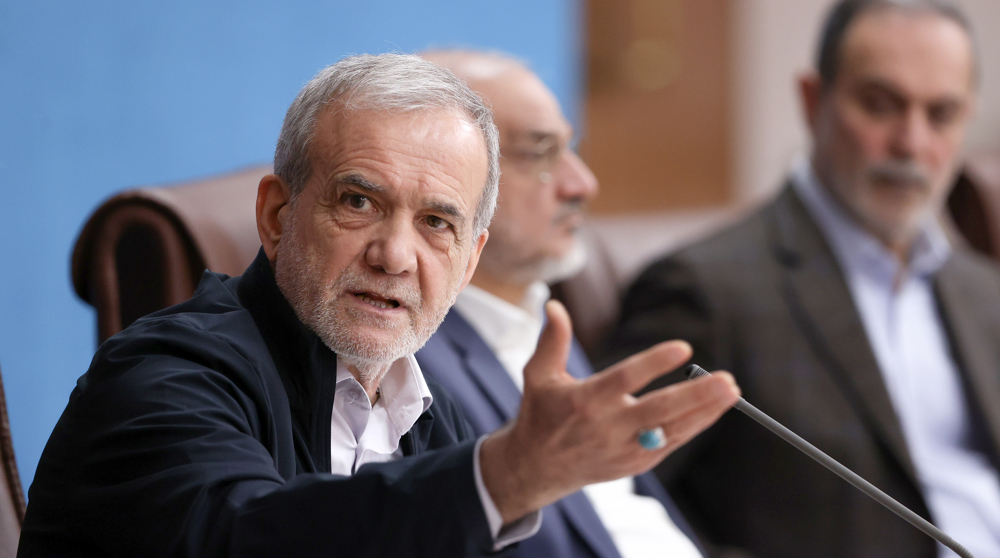
Iran will ‘chart its own path’ if US refuses to negotiate on ‘equal footing’: President
Israeli strikes kill nearly 10 Gazans, including two children, in new aggression
VIDEO | Rome talks & sword breaks in Gaza
VIDEO | Ireland remembers anti-colonial uprising
Day of Rage: Hamas calls on all Palestinians to attend pro-Gaza rallies
Certain groups manipulating Iran-US talks, goading US into making ‘maximalist demands’: FM
US warplanes strike Yemeni capital in new acts of aggression
‘A war crime’: UN blasts US envoy to Tel Aviv for defending Israel’s blockade on aid into Gaza
VIDEO | Press TV's news headlines


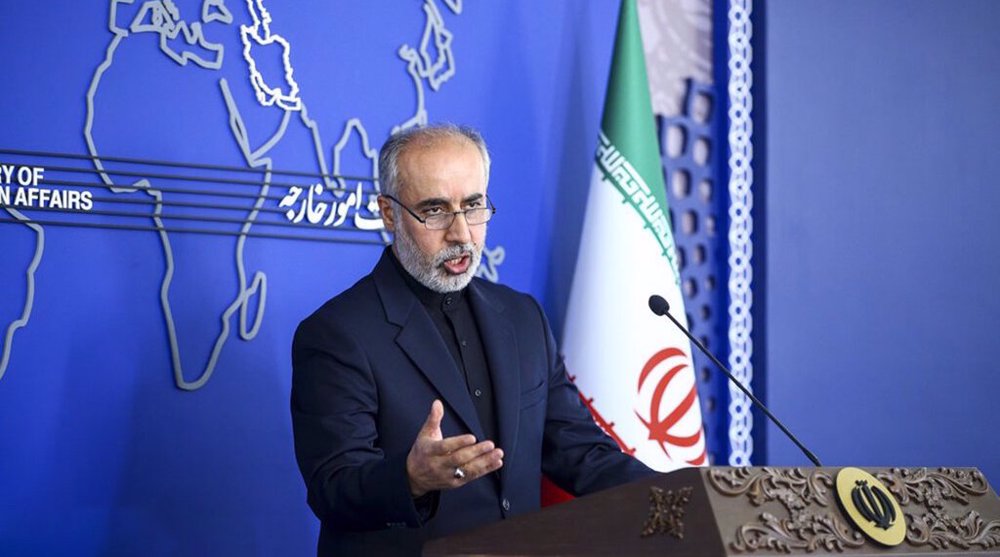
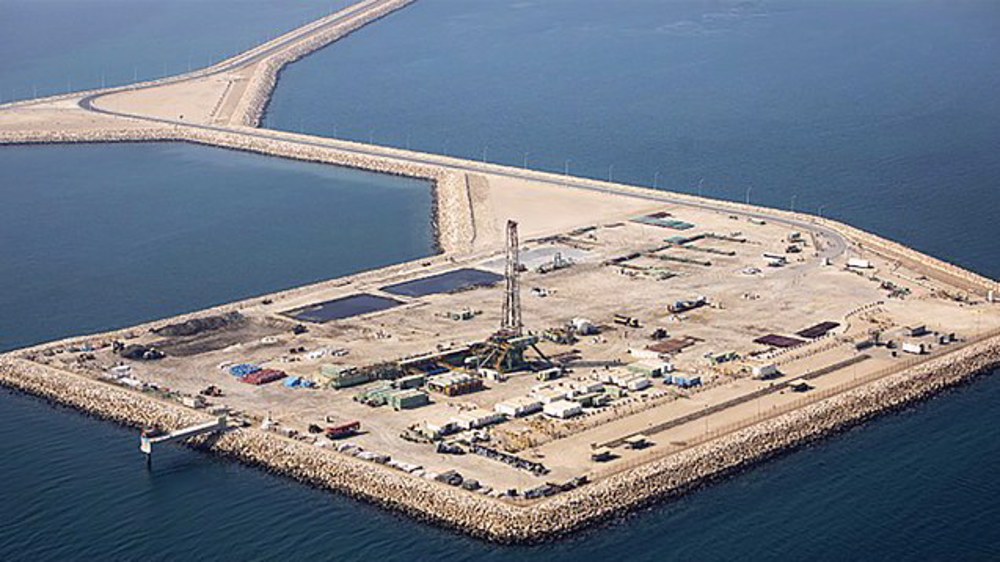




 This makes it easy to access the Press TV website
This makes it easy to access the Press TV website